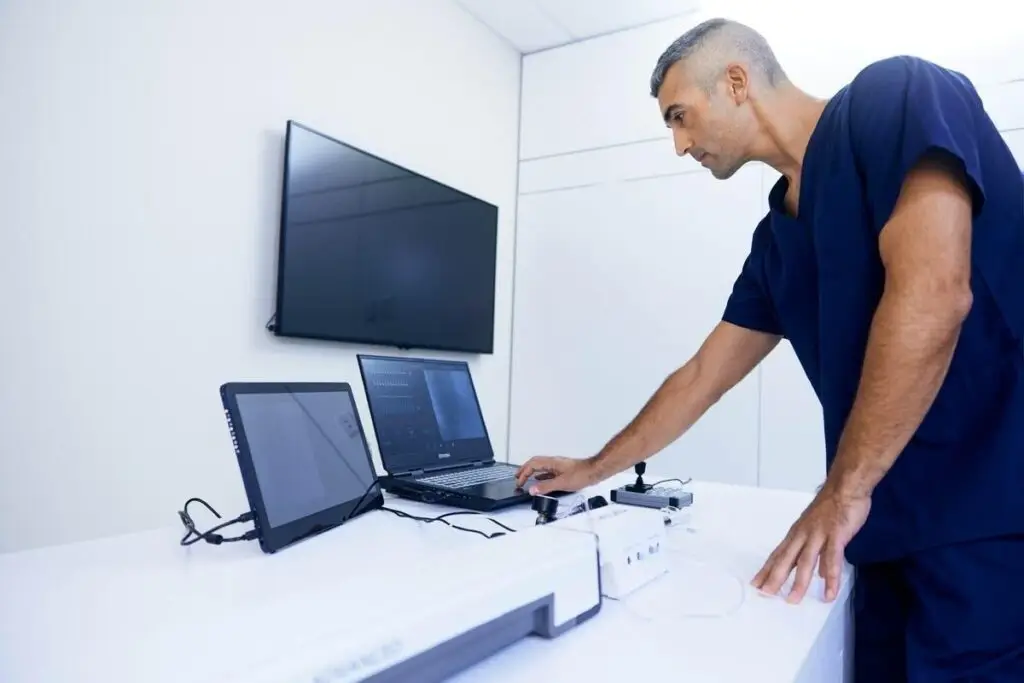Simulation technology has ushered in a new era of healthcare education, transforming traditional training methods into ethical, realistic experiences that improve patient outcomes.
Simulation technology has transformed the landscape of healthcare training, offering a level of realism that can replace traditional labs using animal and cadaver models. This shift provides a more ethical alternative and opens doors to scenarios previously impossible to replicate. With the ability to create specific cases tailored to individual needs, simulation offers an unparalleled platform for honing skills and understanding complex physiological responses.
One of the most significant advantages of simulation-based training is the flexibility it offers in creating diverse and challenging scenarios. Unlike traditional labs, where scenarios are limited by available specimens, simulation enables instructors to design scenarios with precise complications relevant to specific procedures. Whether it’s mastering a new technique or understanding the intricacies of physiological responses, simulation provides an immersive learning environment where mistakes can be made without risk to patients.
Central to the effectiveness of simulation-based training is the integration of realistic patient physiology models. These models go beyond scripted simulations, incorporating dynamic responses that mimic real-life scenarios. By accurately replicating anatomical structures and interactions between tools and tissues, simulation technology offers healthcare professionals a lifelike training experience that prepares them for the complexities of clinical practice.
Custom simulators also have the added benefit of being mobile. Imagine relocating a simulator designed specifically for a medical device insertion to a site of your choosing, giving healthcare professionals the opportunity to train and master complex procedural steps whenever they want.
Simulation technology is not only transforming how healthcare professionals are trained but also expanding opportunities for patient education. By simulating procedures and treatment reactions, patients can gain a better understanding of their own healthcare journey, empowering them to make informed decisions and actively participate in their treatment plans.
As healthcare needs evolve, demand for effective education and training solutions grows exponentially. Simulation technology remains at the forefront of healthcare education, driving positive outcomes for healthcare professionals and patients alike. The potential for simulation to revolutionise healthcare education and improve patient outcomes is limitless.
Simulation technology is revolutionising healthcare training, offering unparalleled realism and customisation. With the ability to replicate complex scenarios and realistic patient physiology, it provides a safe and effective platform for education. As technology continues to advance, its potential to revolutionise healthcare and improve outcomes is limitless.

